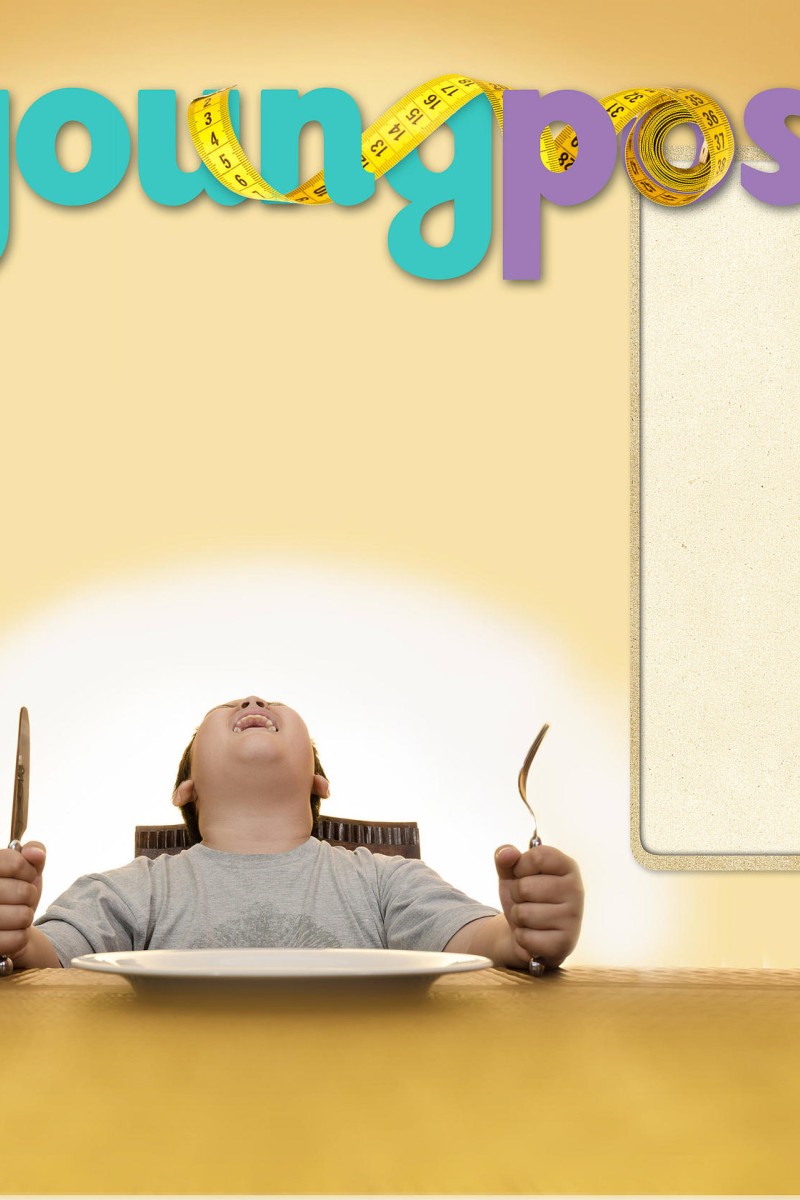
Lose 5 kilos in just a week! A new secret to weight loss! The diet celebrities are raving about! Every year, new fad diets emerge, promising miracles for weight loss and fitness. But how effective and healthy are they?
Young Post asked registered dietician and paediatric nutrition specialist Winsy Leung about three of the current fad diets taking Hong Kong by storm.
Juice Detox/Juice Cleanse
One of the most popular diets in Hong Kong, juice cleanses claim to rid your body of all toxins. Companies selling these detox diets, like Punch Detox and Be-Juiced, claim that their products will clean all of the toxins out of your body and help you lose weight. And the language on their websites is scary!
"Toxins are everywhere," insists the Punch Detox page. "The processed foods we eat, the air we breathe, the water we drink, the chemicals we use, the stress we feel." Be-Juiced makes the same claim, warning of how "a body chock-full of toxins" can cause "all sorts of health problems, not to mention premature ageing". It certainly sounds like something to be worried about.
But Leung sets the record straight. "There is no science behind the juice detox diet or any so-called 'detox' diet," she says. Getting rid of toxins is what your kidneys are for, she explains, and as long as you have enough water and fibre in your diet, your body can "detox" on its own.
Leung also warns of the dangers of a juice detox. There simply aren't enough nutrients in these diets, she says.
Gluten-free
With lists popping up all over the place for the best "gluten-free" restaurants and recipes, banishing gluten from your diet is the newest thing for anyone seeking a magical way to trim their waists. It seems as if everyone has suddenly developed a gluten intolerance and is swearing off all those evil carbohydrates that may be hiding gluten.
But according to Leung, "only very few people are allergic to gluten". A gluten allergy is called coeliac disease, and it is extremely rare, especially in Asians. Avoiding gluten is essential for those with coeliac disease. For everyone else, it doesn't make much sense.
"Technically, a gluten-free diet is not meant to promote weight loss," says Leung. But these diets claim that gluten is bad for the body, and then suggest low-calorie meals. The diet planners claim that the diet works because of the lack of gluten, rather than the low-calorie meal choices.
"It is usually the extreme inadequacy of calories that promotes the quick weight loss," says Leung.
Intermittent fasting
Sometimes you just miss a meal, especially in busy Hong Kong. Diets like the 5:2 Fast Diet and other "intermittent fasting" plans promise that, by deliberately cutting meals on certain days, you can lose weight. The 5:2 diet suggests eating "normally" for five days of the week, and then eating just 500 or 600 calories on the other two days.
"Intermittent fasting is very dangerous," says Leung, and can cause serious health issues. According to Leung, there should never be a reason to cut meals or reduce calories to such a low intake, especially while you're in your teens.
One last helping of advice
What it all boils down to is this: fad diets simply don't work. "None of these three diets can provide adequate nutritional needs for teenagers," says Leung. "And almost all fad diets miss out many important nutrients that [could mean slowing down] teenagers' growth and development."
Leung does not recommend that teens diet at all. If you are concerned about your health or diet, she recommends seeing a registered dietitian. "A good diet must contain carbohydrates, fruits, vegetables, protein and dairy," she says. And of course, "exercise also plays an important role." Being healthy takes balance - and there is no magic diet for it.
